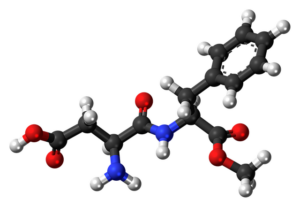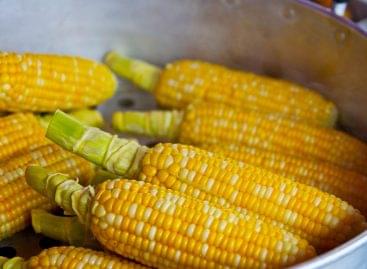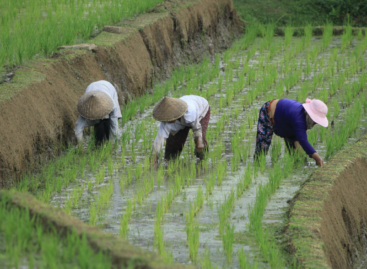The WHO has decided – aspartame can cause cancer
The Joint Expert Committee on Food Additives (JECFA) of the International Agency for Research on Cancer (IARC) and the World Health Organization (WHO) and the Food and Agriculture Organization (FAO) have today published their latest list of possible carcinogens. In accordance with the previously published forecast, aspartame was also added to this list, the IARC classified aspartame as a possible human carcinogen.

(Photo: Pixabay)
“Cancer is one of the leading causes of death worldwide. One in six people die from cancer each year. Science is constantly expanding to assess the possible causes or contributing factors of cancer in the hope that we can reduce these numbers and the number of human casualties,” said Dr Francesco Branca, director of the WHO Department of Nutrition and Food Safety, on the occasion of the publication of the new list. The International Agency for Research on Cancer (IARC) and the Joint Expert Committee on Food Additives (JECFA) of WHO and FAO have recently conducted independent but complementary studies to assess the potential carcinogenic danger and other health risks associated with the consumption of aspartame. The result of the investigation by the two bodies was that aspartame was added to the list of the International Agency for Research on Cancer as a possible human carcinogen, the IARC classified aspartame in group 2B. Group 2B includes substances for which there is “limited evidence” of a carcinogenic effect on humans.
The IARC and JECFA assessments were based on scientific data on the effects of aspartame collected from a variety of sources, including peer-reviewed studies, government reports, and studies conducted for regulatory purposes
The studies were reviewed by independent experts, and both committees took steps to ensure the independence and reliability of the reviews. JECFA also concluded that the previously established acceptable daily intake (ADI) of 0-40 mg/kg body weight for aspartame is maintained*, so this recommendation remains valid. Aspartame is an artificial (chemical) sweetener that has been widely used in various foods and beverages since the 1980s, including diet beverages such as the popular cola flavor. In our country, a significant proportion of sugar-free carbonated colas are sweetened with aspartame, but not without exception. All drinks of the domestically produced XIXO product line are aspartame-free, and since they were launched in 2013, aspartame has never been used in them. IARC and WHO continue to monitor new evidence and encourage independent research groups to conduct further studies on the potential link between aspartame exposure and consumer health effects.
WHO/JECFA
Related news
FAO food price index falls for five months
🎧 Hallgasd a cikket: Lejátszás Szünet Folytatás Leállítás Nyelv: Auto…
Read more >Related news
Tourism Business Index: improving sentiment, but the sector remains in the red
🎧 Hallgasd a cikket: Lejátszás Szünet Folytatás Leállítás Nyelv: Auto…
Read more >Lamb Days – Gastronomic Adventure is coming again on March 28–29!
🎧 Hallgasd a cikket: Lejátszás Szünet Folytatás Leállítás Nyelv: Auto…
Read more >Table reservations for National Restaurant Week start with unchanged prices
🎧 Hallgasd a cikket: Lejátszás Szünet Folytatás Leállítás Nyelv: Auto…
Read more >







